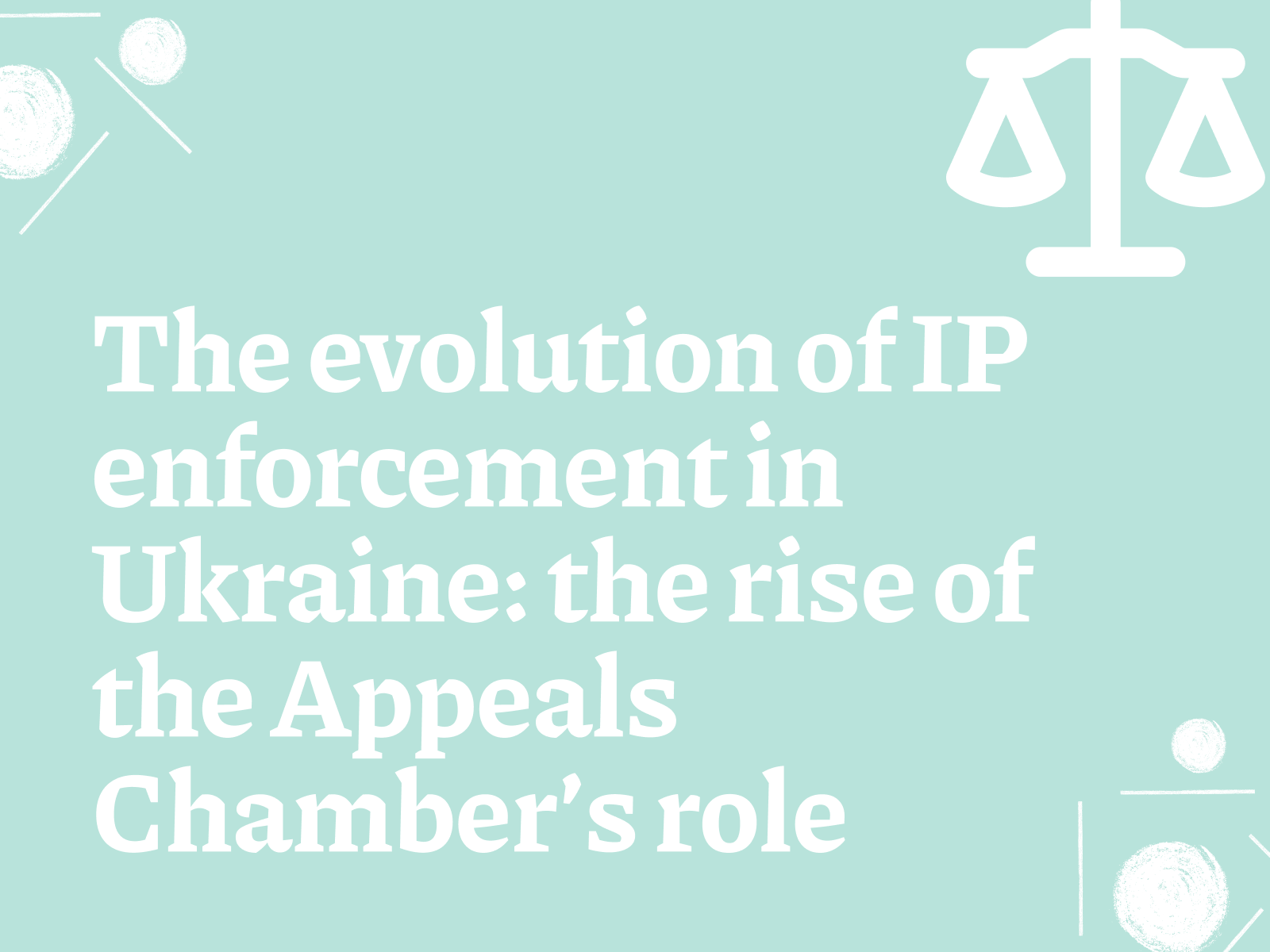In today’s digital age, the protection of personal data has become a paramount concern for individuals, businesses, and governments alike. With the increasing prevalence of online interactions, data breaches, and privacy violations, it is crucial for individuals to understand why they should care about and take proactive steps to safeguard their personal information.
Privacy is a fundamental human right, recognized and protected by laws and regulations around the world. By safeguarding your personal data, you are not only protecting your privacy but also fulfilling your legal responsibilities. Failure to do so may result in legal consequences, including fines and lawsuits, for both individuals and organizations.
Personal data, including names, addresses and financial information, can be exploited by cybercriminals to commit identity theft and fraud. Once your data falls into the wrong hands, criminals can use it to open credit accounts, make unauthorized purchases, or even impersonate you. The financial and emotional toll of identity theft can be devastating, and it can take years to fully recover.
At the same time, in an era of social media and interconnectedness, the exposure of personal data can cause reputational damage. Imagine the impact of personal information, such as private messages or compromising photos, falling into the wrong hands and becoming public. Such incidents can tarnish your reputation, harm your personal and professional relationships, and even affect your career prospects.
“You will spend the rest of your life trying and failing to wipe yourself off the internet” – this is the leitmotif of a recent “Revenge Porn Lawsuit” regarding compensation for mental anguish and in punitive damages caused by the distribution of “visual intimate materials”.
The core of the case is as follows: the girl’s ex-boyfriend distributed sexually explicit content with her image on social media among her family, friends and co-workers without her consent in order to damage her reputation. The content contained information that could uniquely identify the plaintiff, including her name, address, and a picture of her face, thus violating her right to privacy.
In addition, the boyfriend used the ex’s personal bank account to pay his rent, harassed her with calls and text messages from masked numbers, and told her loan officer that she had submitted a fraudulent loan application, the lawsuit said.
On August 9, 2023 a jury in Harris County District Court found the defendant guilty of image-based sexual abuse and ordered him to pay $200 million for past and future mental anguish and $1 billion in punitive damages.
Commenting on the jury’s decision, the plaintiff’s attorney noted that they do not expect to pay the full amount awarded, but hope that it will serve as a deterrent to others, as well as encourage other law firms to take on such cases, in order to prevent the recurrence of cases where someone shares someone else’s images without consent for financial gain, entertainment, social status or personal grievance.
“The communication from the jury is that you make it your mission to ruin someone emotionally for the rest of your life, then you are going to be facing a judgment that’s going to ruin you financially for the rest of your life,” the attorney said.
In conclusion, the importance of protecting your personal data cannot be overstated. By advocating for and practicing good data protection habits today, you contribute to a safer and more privacy-conscious digital landscape for future generations. Your actions set an example for others and help shape the norms and expectations around data privacy.
It is not merely a matter of personal preference but a legal obligation, a defense against identity theft, a shield for your reputation, a safeguard for your mental health, and a contribution to a more secure digital future. As legal professionals, we emphasize the significance of data protection and encourage individuals to take proactive measures to ensure their privacy rights are upheld and their personal data remains secure.








